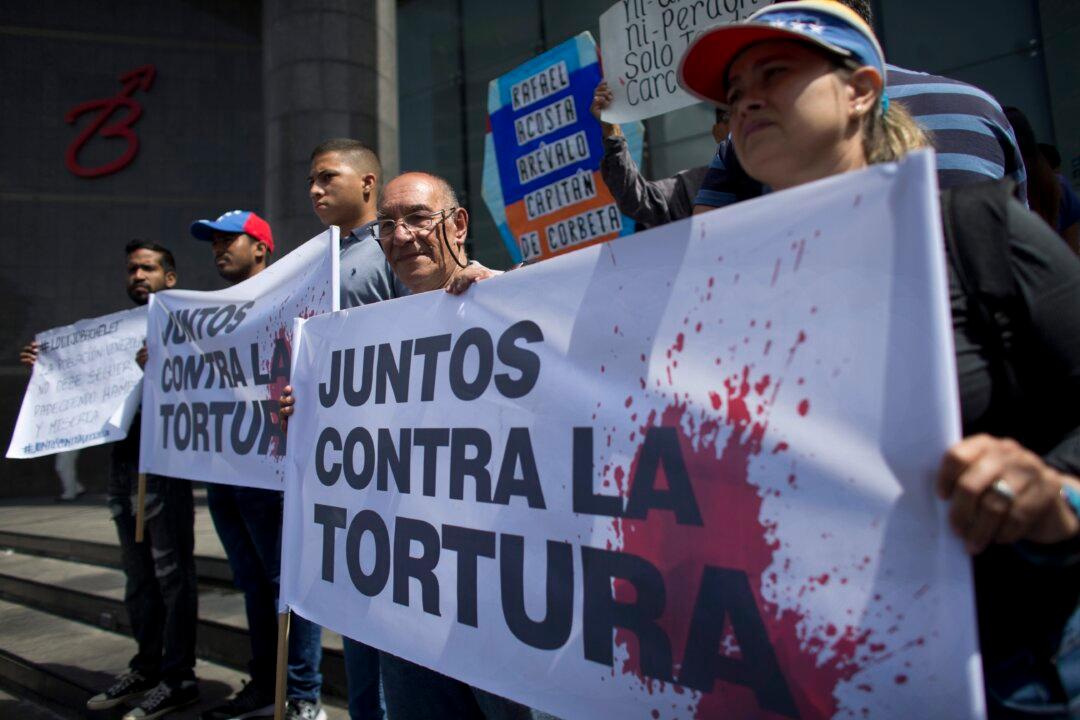Amid what Amnesty International describes as an unprecedented human rights crisis in Venezuela due to the Maduro regime’s wide-ranging policy of repression, Juan Guaidó’s interim government is calling for help from the international community.
Specifically, the interim government is urging Canada and other countries to sanction Nicolás Maduro and his officials using Magnitsky legislation, and to take steps in line with the Responsibility to Protect (R2P) principle to safeguard the Venezuelan people, according to an online forum held on Oct. 21.





